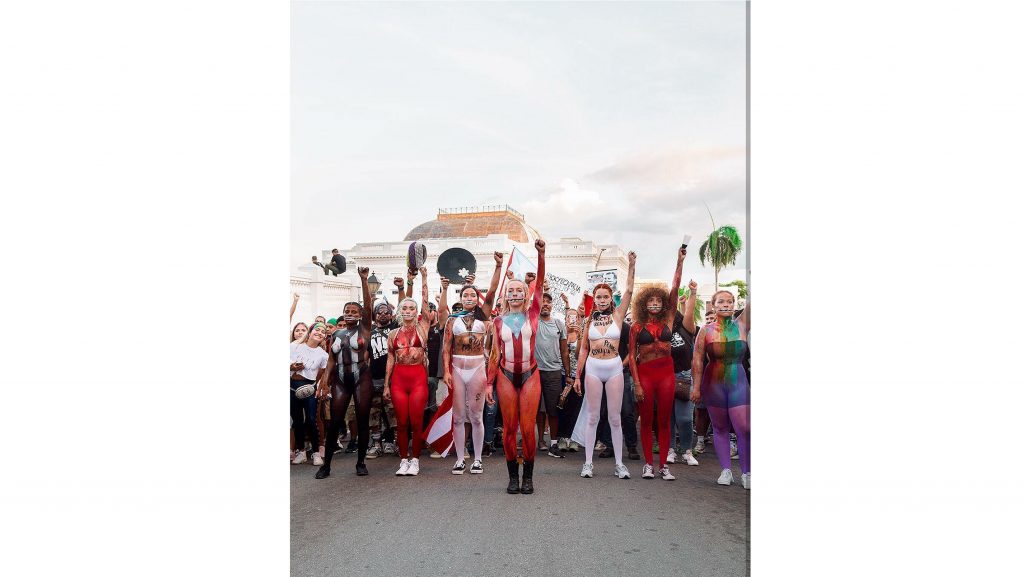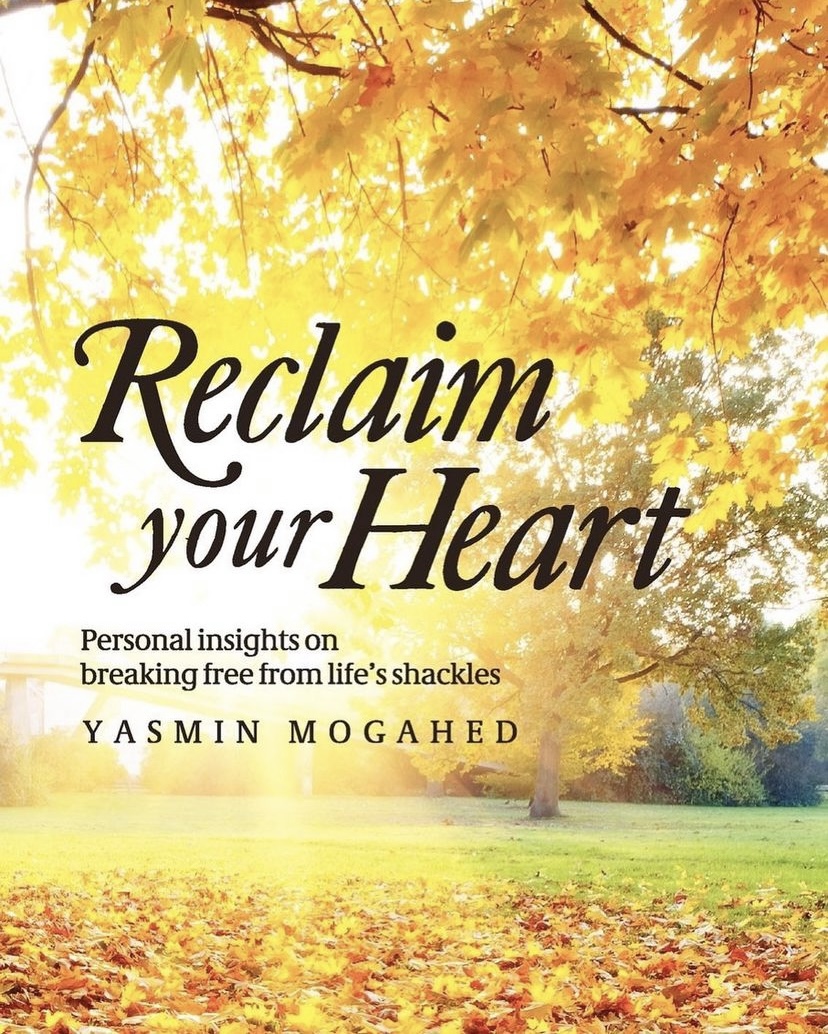State of Emergency: The people of Puerto Rico demand justice
Months after a state of emergency was officially declared money has finally been approved to combat gender-based violence.
The movement around gender-based violence has been building in Puerto Rico for years now, “This year alone there have been at least 21 femicides, per the Puerto Rico Gender Equality Observatory; since 2010, more than 150 women have been killed by their intimate partners; and last year, six transgender women were murdered,” said Andrea González-Ramírez said in her 2021 article for The Cut.
Gender-based violence (GBV) is violence directed at an individual based on their biological sex or gender identity, it may also be directed at an individual based on their sexuality. Women for Women International explains that “It includes physical, sexual, verbal, emotional, and psychological abuse, threats, coercion, and economic or educational deprivation, whether occurring in public or private life.”
A state of emergency around gender-based violence was declared on Jan. 24, yet for months the government failed to use the state of emergency to implement meaningful solutions. In Cristina Corujo’s 2021 article for ABC News regarding this governmental interference, Zoán Dávila-Roldán, a co-founder of Colectiva Feminista en Construcción told Corujo that “A state of emergency only seen in paper are dead words.”
Finally, money has been allocated to solving this issue “The $7 million, now approved, will help reinforce the work of the specialized committee called PARE, an acronym in Spanish that means Prevention, Support, Rescue and Education of Gender Violence. It was created after the state of emergency was declared and consists of organizations that work closely with experts and representatives from gubernatorial agencies,” explained Corujo.
Colectiva Feminista en Construcción is a “Political project of the tradition of black feminism, articulating the fight against heteropatriarchy, anti-black violence and capitalism.” If we are to create a truly equitable society where this and other sorts of targeted violence are no longer an issue, these are the exact powers that we must fight against.
It is important to recognize that gender-based violence can manifest in many forms and be experienced by people of various marginalized identities in regards to gender and sexuality. With that in mind, there is a push for LGBTQ+ individuals to be included in the gender-based violence emergency declaration.
In her article for NBC discussing this push, Carmen Sesin explains that the executive order 2021-013 “directs more resources to combating the wave of killings and other violence directed at women and girls.”
She goes on to explain that “[w]hile the governor’s executive order includes violence against trans women, two human rights groups on the island urged that the executive order include violence against all LGBT people.” Further, Sesin notes that “ … a transgender man was found shot to death. He was the seventh known transgender person to be killed in Puerto Rico since last February, according to the Transgender Law Center.”
This makes it painfully clear that we must expand the ways in which we understand gender-based violence. It is an issue that is deeply rooted in the norms of hetero-patriarchy. These norms have created a hostile environment for not only women, but also for those that deviate from heteropatriarchal norms in such a way as to challenge their relevance and value in society.
These norms were created as a way to not only empower cisgender straight males, but also to enforce the nuclear family ideals of heterosexuality. Thus creating a society that is dependent on the power of cisgender heterosexual males within it.
The issue of gender-based violence is not unique to the context of Puerto Rico, rather, it must be understood that colonial-capitalism is the foundation for this and many other forms of targeted violence. The heteropatriarchy that is enforced by the form of colonial-capitalism we see across the globe is the root cause of gender-based violence around the world.
The term femicide has become synonymous with so-called “third-world” countries of the global south, many in the global north consider it to be an issue of “lesser developed” countries and ignore the realities of gender-based violence within their own borders along with the connection of this issue to the colonialism perpetrated by their country.
Examples of gender-based violence exist all over the globe and often impact marginalized populations at higher rates. This violence, like many other forms of violence, is exacerbated by inequality and disenfranchisement. As the distribution of wealth and resources becomes wider, the likelihood of this kind of violence increases.
Not only has colonialism exported the heteropatriarchy that makes this form of violence inevitable, colonial powers have created a capitalist world economy that allows the distribution of wealth to continue to become more inequitable. As wealth is consolidated in the hands of the few, the masses are made to carry that burden.
The issue of gender-based violence and all other forms of targeted violence cannot truly be solved until we dismantle the colonial-capitalist powers that thrive off of heteropatriarchy, anti-blackness and all other forms of inequality.



